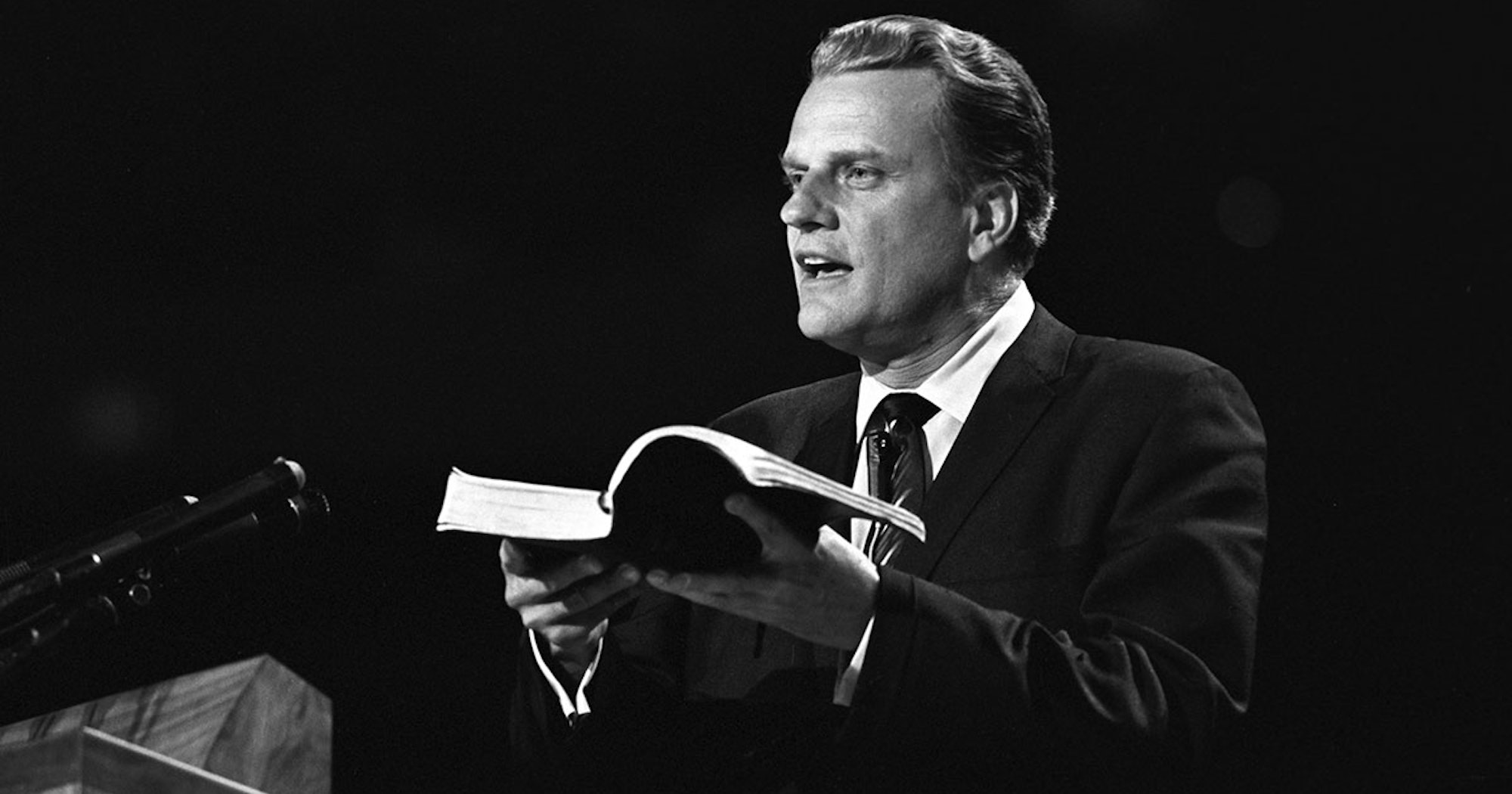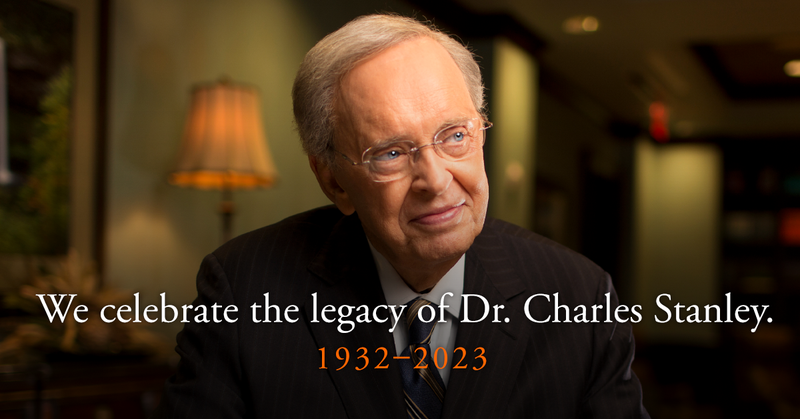This book is personal, prophetic, and full of theology. Written during the dark days of the period of Israel’s judges, Ruth centers on a Gentile woman by that name. Through her experiences, we see the demonstration of God’s providence, grace, love, and redemption. Ruth was from Moab. Her mother-in-law, an Israelite named Naomi, was living in Moab when her husband and two sons (one of them being Ruth’s husband) died. Ruth made a faith-based decision to go back to Israel with Naomi because she had adopted the true God of Israel as her own. In Bethlehem, Ruth experienced God’s providential provision—his invisible hand at work through the glove of history. She made a connection with a man named Boaz, who became her “family redeemer” (2:20). That role was designed to ensure that a man’s lineage continued even if he had no heirs. The couple’s story provides an illustration of God’s love for Gentiles within the framework of his covenant with Israel. Through Ruth’s marriage to Boaz, she became the grandmother of King David, the ancestor of Jesus Christ. In her story, we see the lengths to which God went to ensure that Jesus legally qualified to be Israel’s Messiah and Savior of the world. This is why Ruth’s name appears in Jesus’s genealogy (see Matt 1:5). The book of Ruth shows how God can take messes and make miracles in order to advance his kingdom program, plan, and agenda.
- Best Sermon
 Amir Tsarfati
Amir Tsarfati Andrew Wommack
Andrew Wommack Benny Hinn
Benny Hinn Bill Johnson
Bill Johnson Bill Winston
Bill Winston Billy Graham
Billy Graham Bishop T.D. Jakes
Bishop T.D. Jakes Carter Conlon
Carter Conlon Charles Stanley
Charles Stanley Creflo Dollar
Creflo Dollar Daily Devotionals
Daily Devotionals David Oyedepo
David Oyedepo David Wilkerson
David Wilkerson Derek Prince
Derek Prince Dutch Sheets
Dutch Sheets Ed Lapiz
Ed Lapiz Films
Films Frank Turek
Frank Turek Gloria Copeland
Gloria Copeland Jack Hibbs
Jack Hibbs Jentezen Franklin
Jentezen Franklin Jerry Savelle
Jerry Savelle Jesse Duplantis
Jesse Duplantis Jim Staley
Jim Staley Jimmy Evans
Jimmy Evans Joel Osteen
Joel Osteen John And Lisa Bevere
John And Lisa Bevere John and Matt Hagee
John and Matt Hagee John Gray
John Gray John MacArthur
John MacArthur Joseph Prince
Joseph Prince Joyce Meyer
Joyce Meyer Kenneth Copeland
Kenneth Copeland Kent Hovind
Kent Hovind Michael Todd
Michael Todd Motivational Video
Motivational Video Music
Music Priscilla Shirer
Priscilla Shirer Rick Warren
Rick Warren Robert Morris
Robert Morris Sid Roth
Sid Roth Steven Furtick
Steven Furtick T. B. Joshua
T. B. Joshua Testimony
Testimony Todd White
Todd White Tony Evans
Tony Evans Toure And Sarah Jakes Roberts
Toure And Sarah Jakes Roberts Victoria Osteen
Victoria Osteenzzz
amen